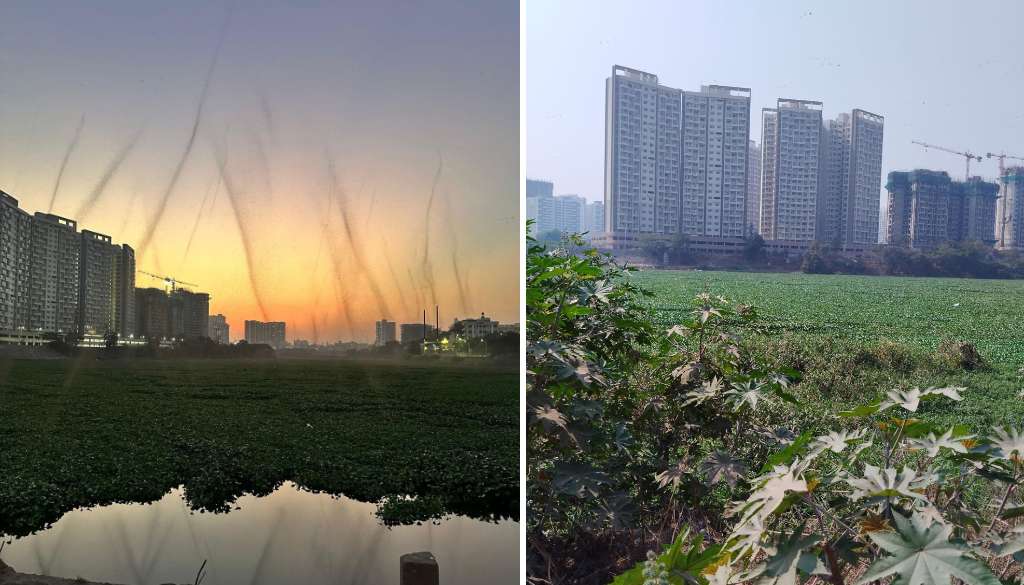Pune: ‘Mosquito Tornado’ Due To Surge In Temperature Fluctuations And Nighttime Humidity

Pune, 13th February 2024: Scientists and entomologists suggest that temperature fluctuations and high nighttime humidity may have contributed to the emergence of a ‘mosquito tornado’ in certain areas of east Pune. While regions like Shivajinagar and Pashan experience lower minimum temperatures, others such as Kharadi, Mundhwa, and Keshavnagar have reported night temperatures ranging from 18-21°C, as per IMD data.
An entomologist based in the city explained, “Optimal levels of temperature and humidity stimulate breeding activity in most insects. In areas with stagnant water, the appropriate combination of temperature and humidity can enhance the breeding cycle, leading to increased egg-laying and mosquito population.”
A state health official noted, “The swarms of mosquitoes captured in viral videos on social media display typical behavior observed in these insects, where male mosquitoes engage in dance-like movements to attract females. Pune, with consistently elevated temperatures and humidity levels throughout much of the year, has become a perennial breeding ground for mosquitoes, irrespective of the season.”
Pune Municipal Corporation Responds to Mosquito Menace in Kharadi – Mundhwa with Proactive Measures
IMD officials highlighted, “In recent weeks, we have witnessed a milder winter with ample humidity and higher night temperatures. Such conditions are known to favor mosquito-borne diseases as well.” The latest health bulletin from the Meteorological Department has cautioned about the temperature thresholds for malaria and dengue virus transmission in Maharashtra, with the maximum temperature ranging from 33-39°C and the minimum temperature between 16-19°C, conditions experienced in parts of Pune recently.
A recent study from China supported the idea that fluctuating temperatures create a more favorable environment for mosquito survival and reproduction.





